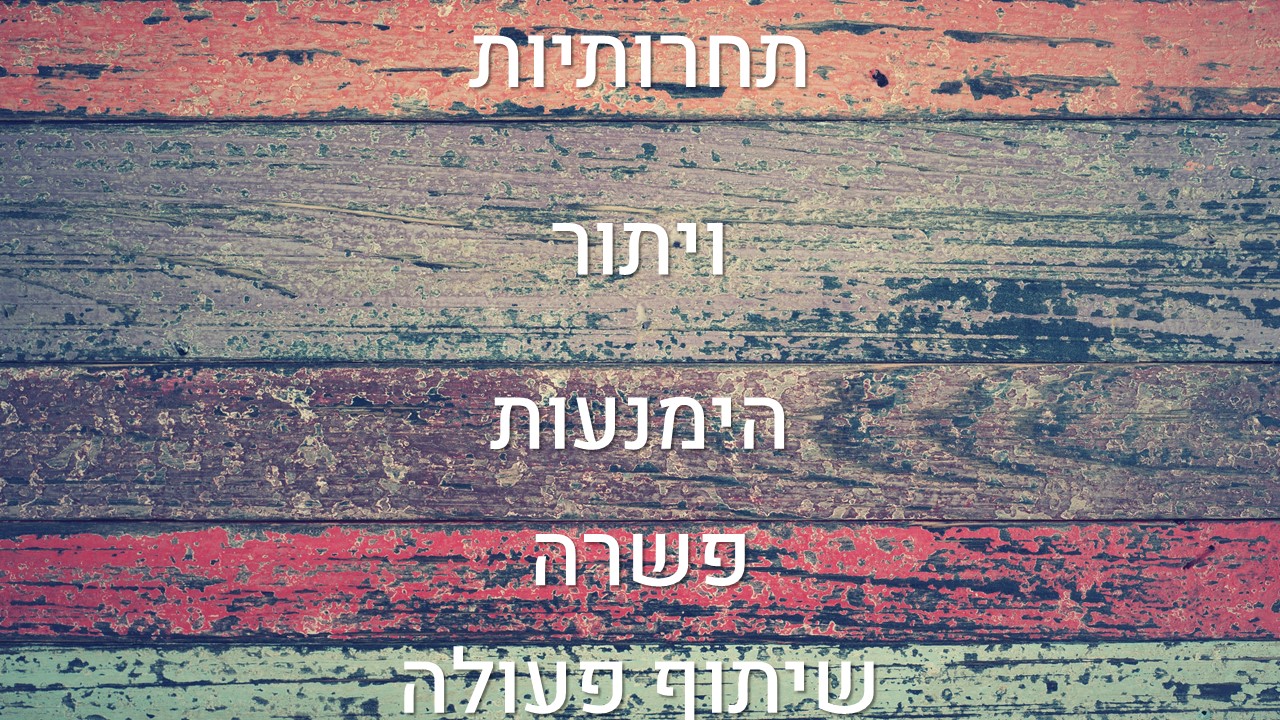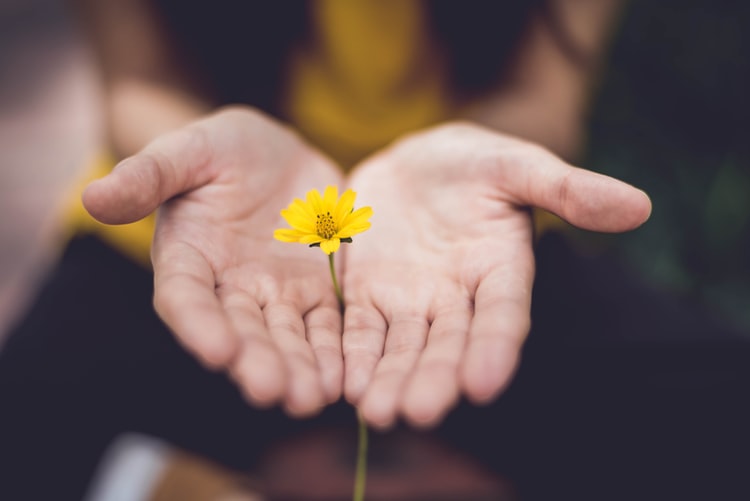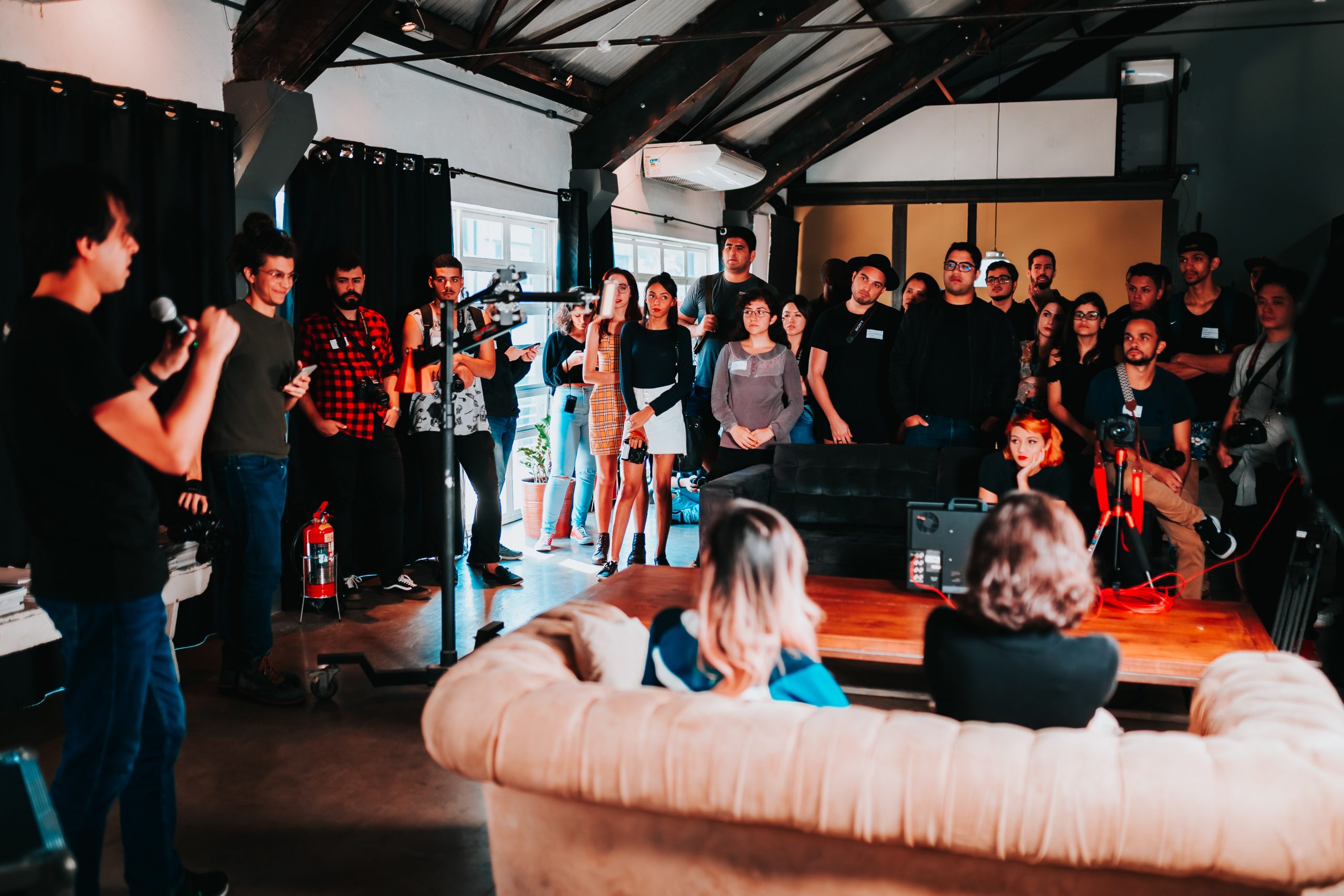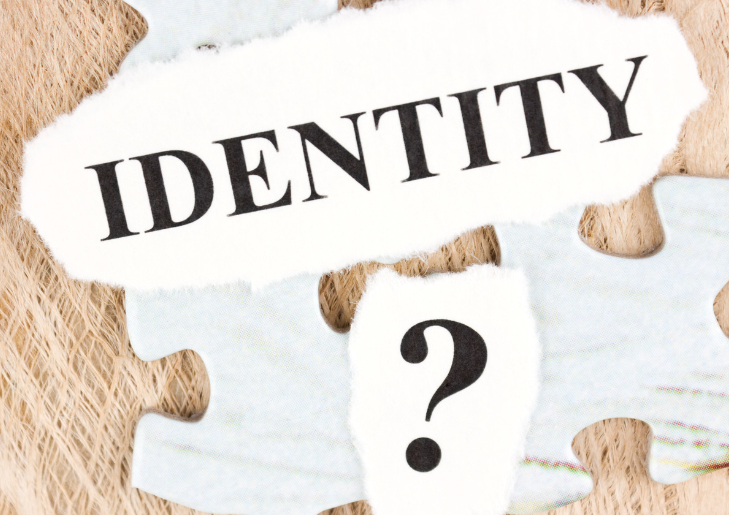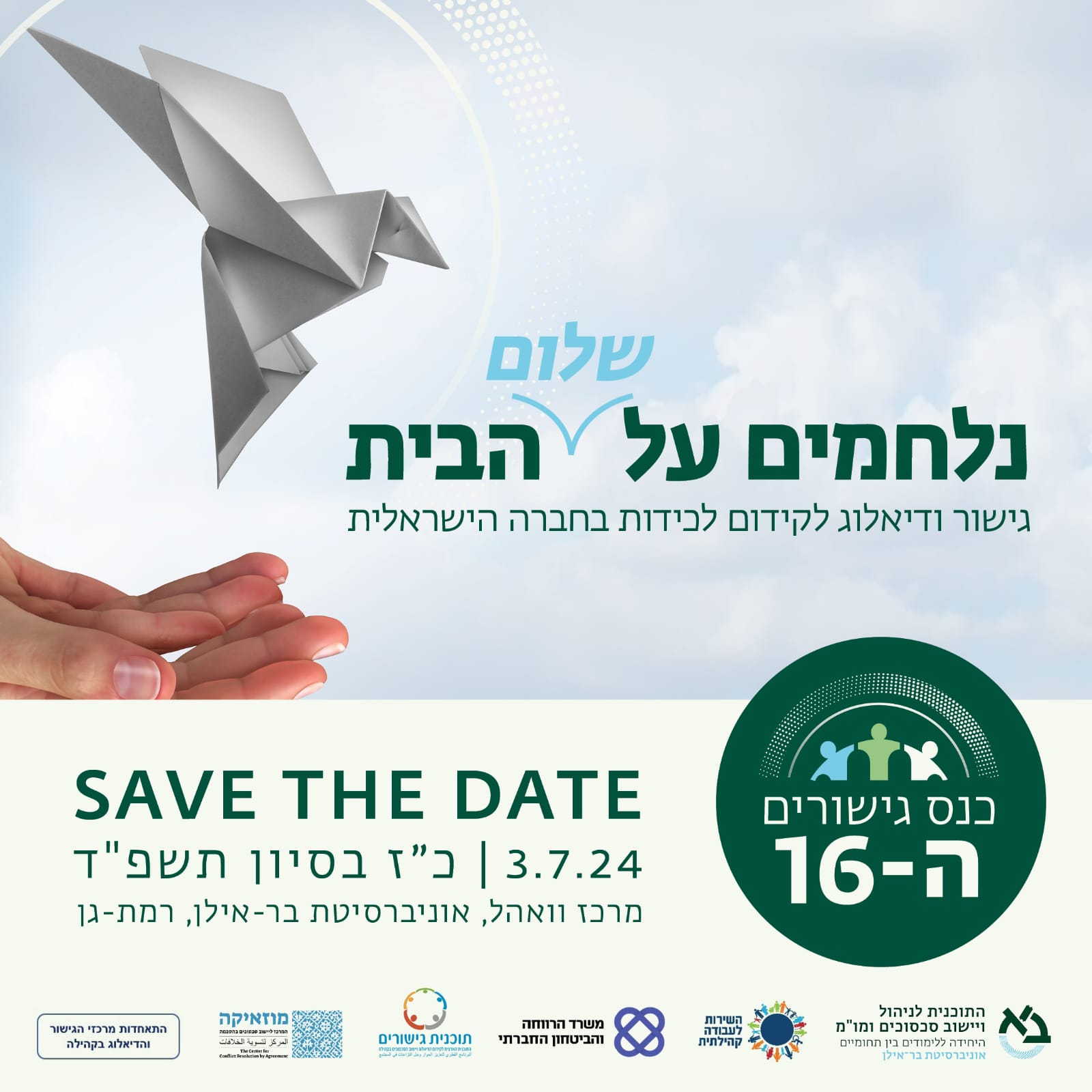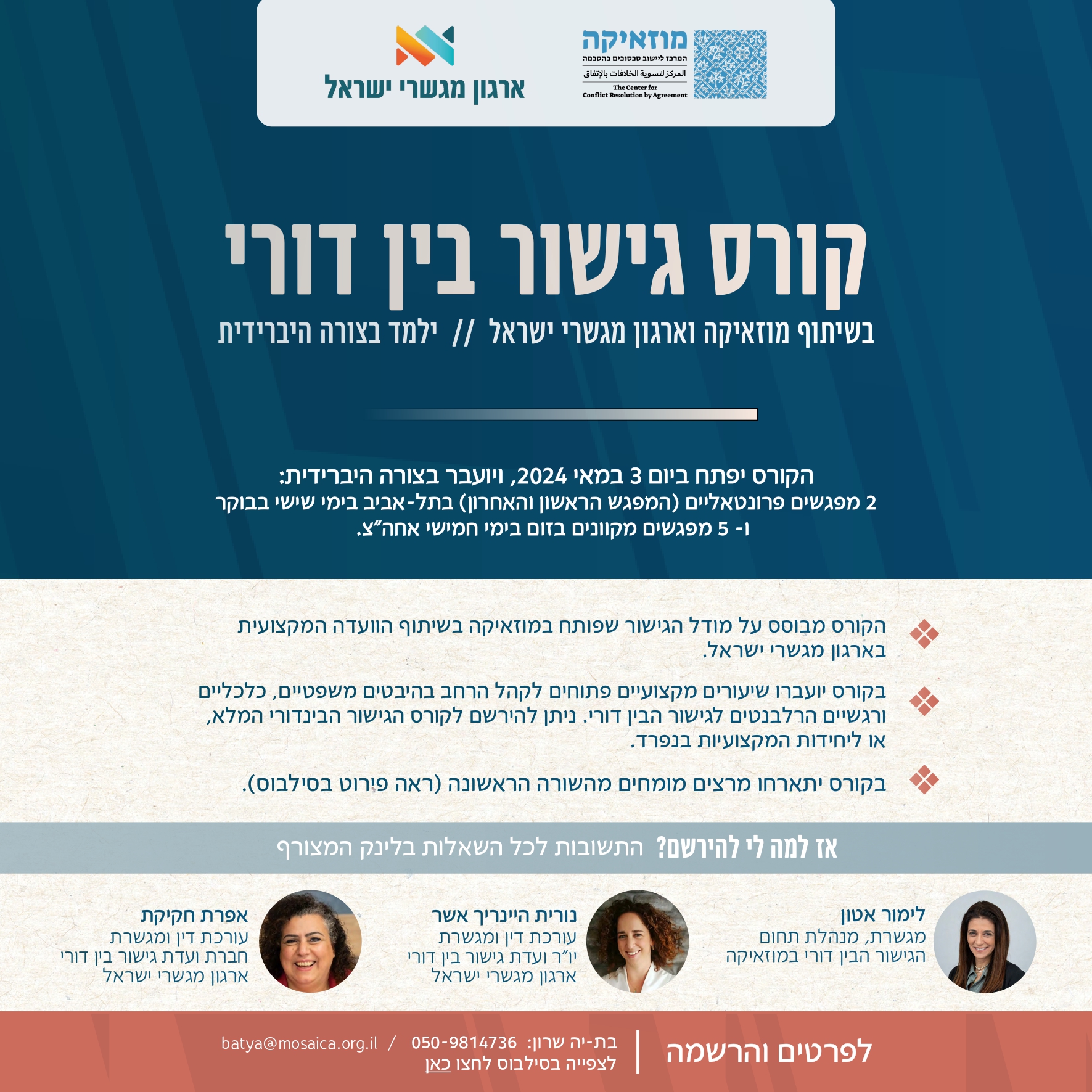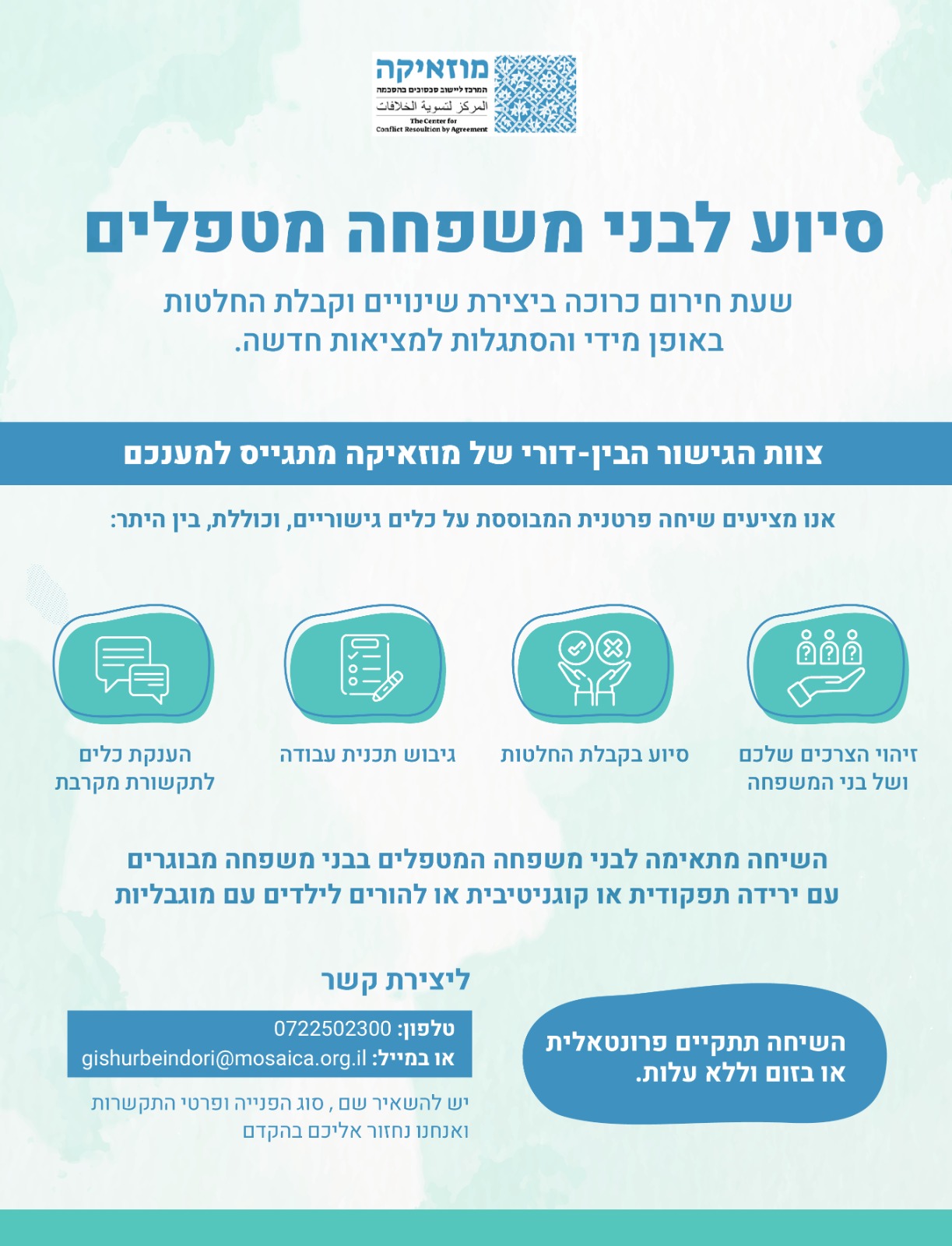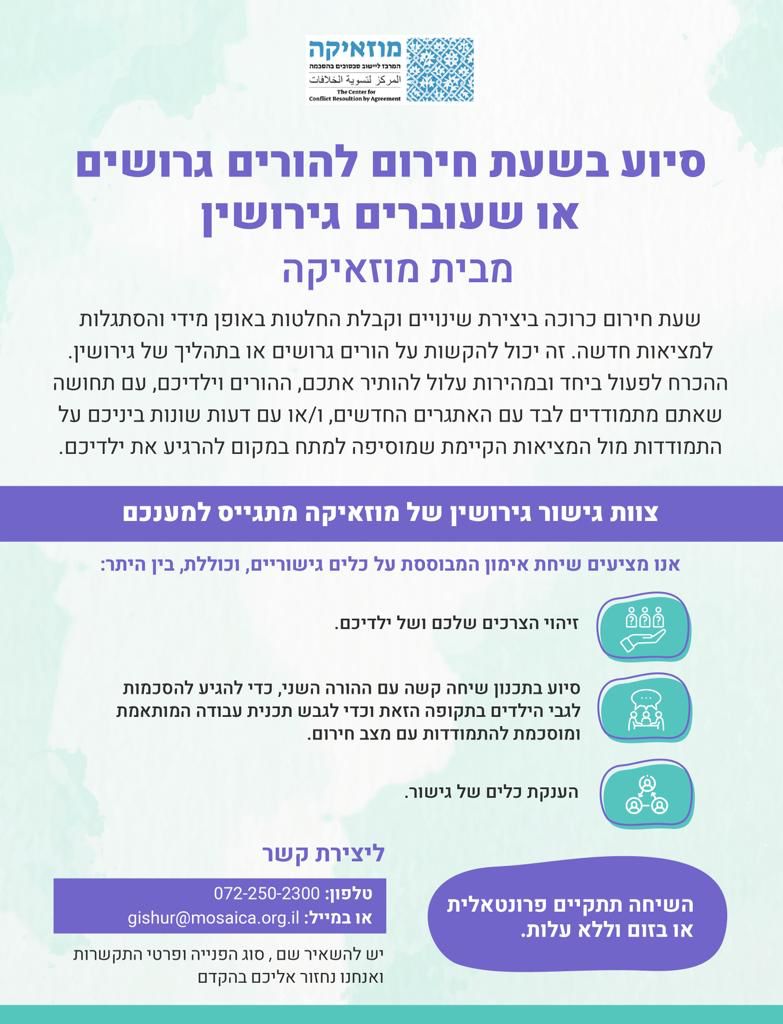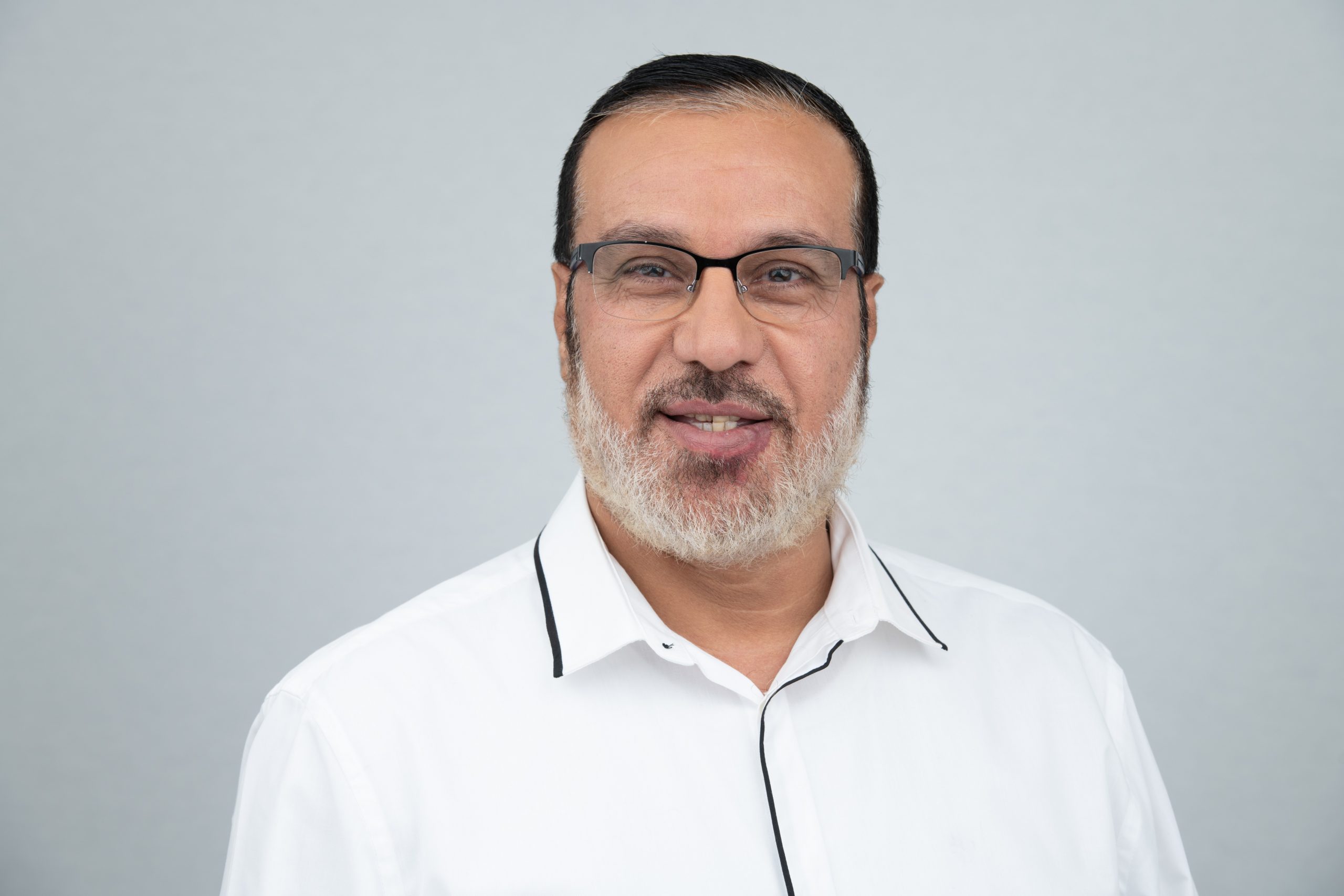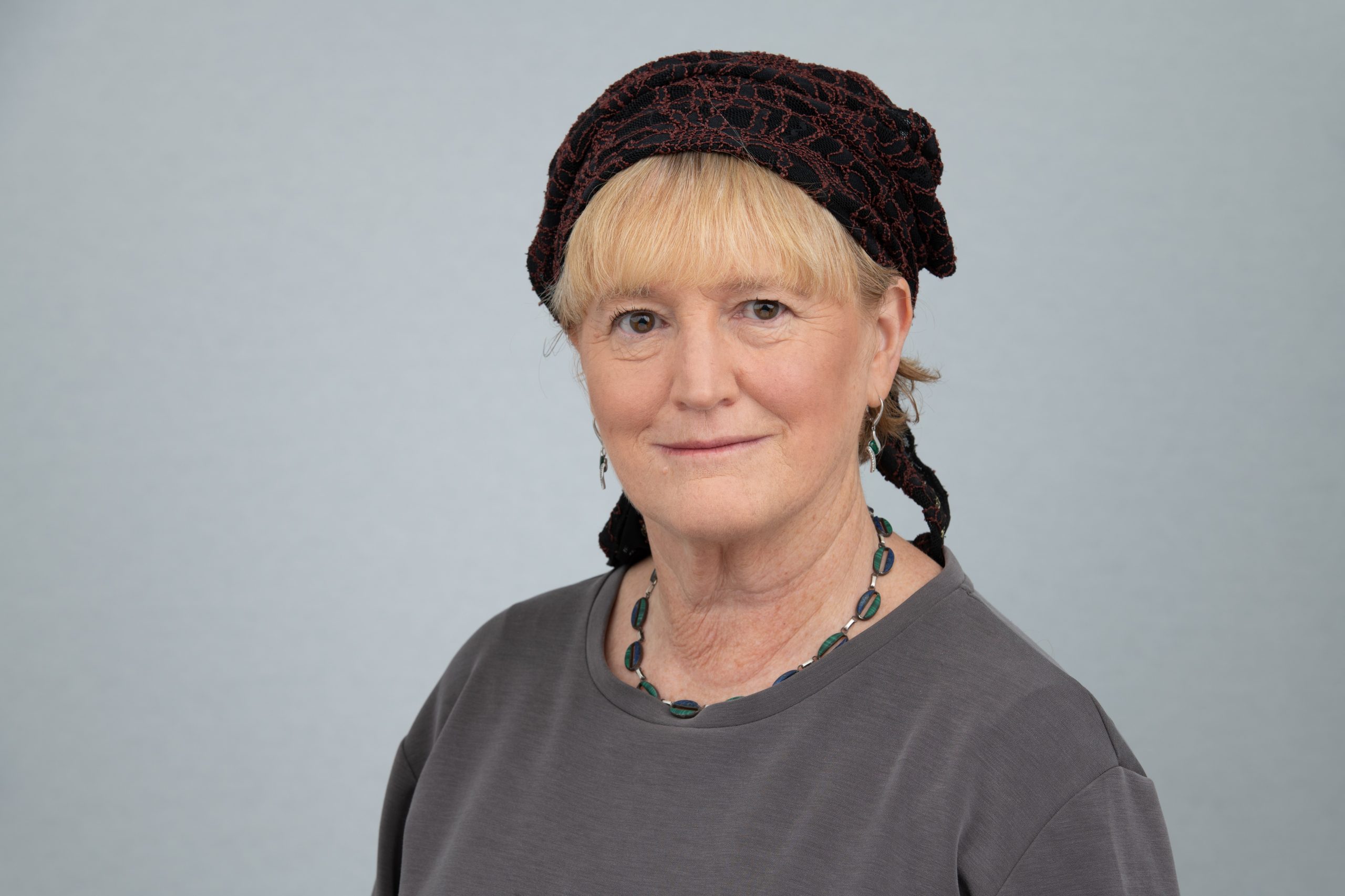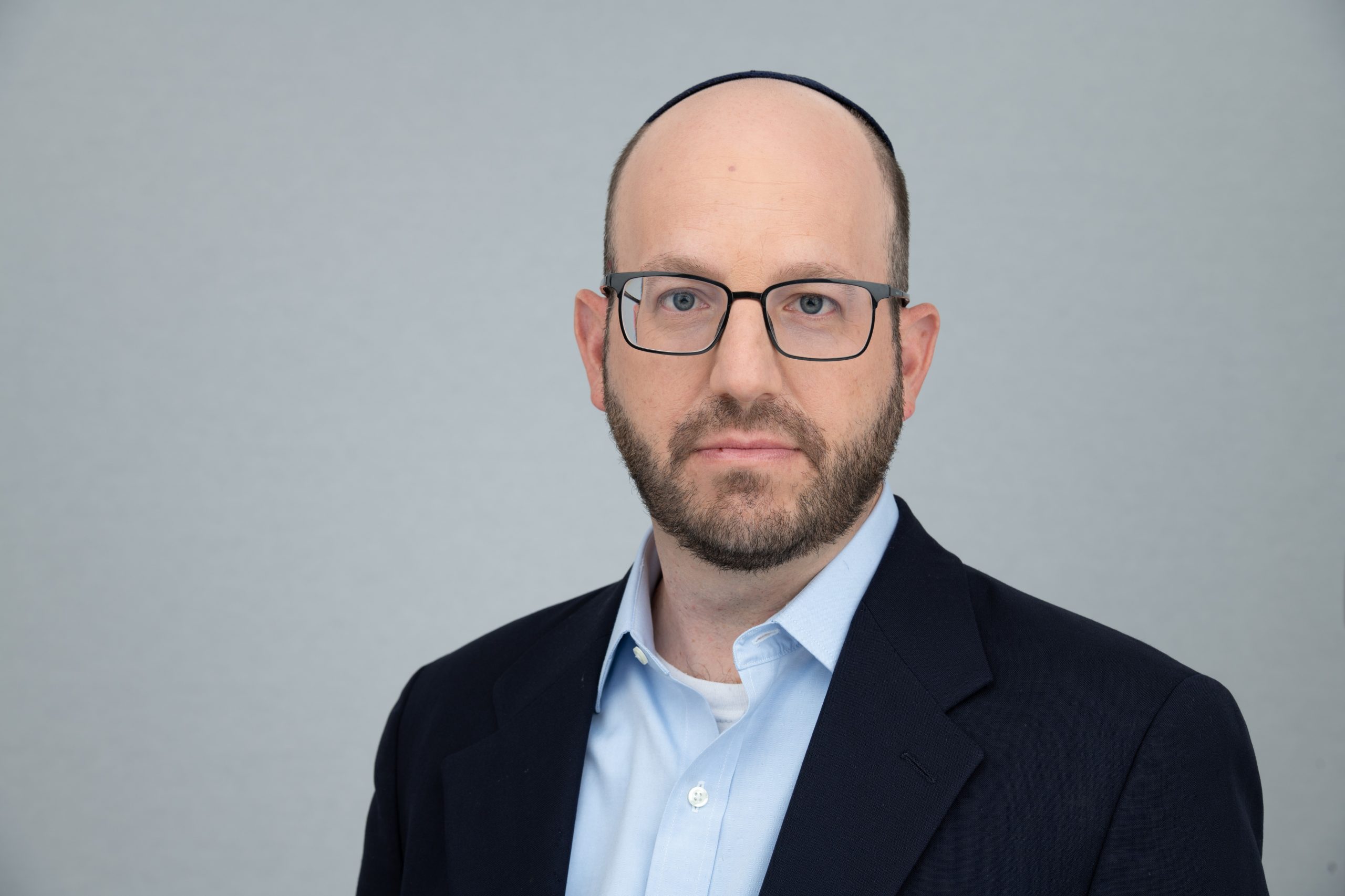Developing Models: Expertise
In response to ever-shifting realities and practical needs, Mosaica conducts ongoing research and development of its third-party intervention models and makes its services accessible to all of Israel’s populations in order to respond to developments on the ground while meeting international standards. Mosaica tailor-designs intervention models for a wide range of conditions based on international expertise and experience cultivated in the field. The models emphasize the rights and responsibilities of each person, family, group, or community to independently make decisions about their lives and futures. This is often accomplished with the help of a neutral third party.
These models often provide an alternative to formal procedures in which the state imposes its decisions on people via courts, evaluation committees and tribunals, guardianship committees, and other mechanisms. In some cases, the models are implemented alongside such procedures. Mediation, for example, serves as an alternative to civil or family court processes, helping parties reach agreements prior to legal proceedings. Restorative Justice can also replace or work in parallel with criminal litigation. Family Group Conferences (FGCs) provide alternatives to planning, treatment, and evaluation committees and tribunals, and enable decisions surrounding guardianship to be made and supported before, during, and after the committee discussions. Supported Decision-Making provides an alternative to guardianship.
Mosaica also develops models for third-party intervention that address needs identified through fieldwork among diverse populations and a deep understanding of the varied lifestyles of people facing physical, psychological, interpersonal, and economic hardships.
Just a few examples include:
• A mediation model to assist people with disabilities that emphasizes accessibility, and a model for intergenerational mediation developed after the 2017 amendment to the Guardianship Law.
• A conflict resolution coaching model adapted for the Israeli public in cases where the other party/parties cannot attend the mediation session.
• A model for urban renewal consensus-building that was fine-tuned for residents living in apartment complexes slated to be “renewed” (destroyed and built new again) that brings together residents, developers, and other key stakeholders.
• A training program for family caregivers developed after recognizing an unaddressed need during intergenerational mediations.
• A model for mediation conducted by religious leaders developed in conjunction with local communities to help address cultural and religious conflicts.
Disseminating Models: Teaching
Mosaica promotes the wide use of the third-party intervention models it has developed by conducting courses, trainings, and workshops for professionals, policymakers, and the public. Every year, some 1,500 people participate in Mosaica’s courses and trainings. Another 8,000 people from around the world attend its conferences and events, including the annual Gishurim (Mediation) Conference and Dibur Hadash: The Israeli Week of Mediation and Dialogue.
Mosaica works tirelessly to disseminate its models and promote policy change among government offices, organizations, and local authorities. For example, Mosaica endorses the Family Group Conferences (FGC) Model as an alternative to planning, treatment, and evaluation committees (PIEC); and the Supported Decision-Making (SDM) Program as an alternative to guardianship. Mosaica also participates in Knesset proceedings on relevant laws (such as mediation regulations in the Refusing Tenant Law) and drafts position papers on these and other subjects.
Implementing Models: Services
Mosaica’s specialized models for third-party intervention are adapted from its engagement in the hundreds of mediation and conflict resolution processes it conducts each year. On average, over 1,400 people participate annually in Mosaica’s mediations, restorative justice programs, family group conferences, and insider religious mediation, consensus building, and supported decision-making processes.
Mosaica also provides professional support for government authorities and other organizations implementing models in the process of establishing their own mediation services. For the past fifteen years, Mosaica has collaborated with the Community Work Administration of the Ministry of Labor, Social Affairs and Social Services to manage the Gishurim Program, a national project through which Mosaica continues to help establish and support the work of now nearly a hundred Community Mediation and Dialogue Centers across the country.
Our Programs
Courses, Workshops, and Trainings
 Workshops and Continuing Education for the Public
Workshops and Continuing Education for the Public
 Trainings for Professionals
Trainings for Professionals
 Courses for Mediators
Courses for Mediators
Mosaica by the Numbers
10,000
(1,400 last Year)
Participants of Conflict Resolution and Building Agreement Processes
15,000
(1,500 Last Year)
Graduates of Trainings/Courses
37,000
(8,000 Last Year)
Participants at Events and Conferences to promote mediation, dialogue and tolerance in Israeli Society.
Our Staff
Sheikh Dr. Eyad Amer received his Ph.D. in International Relations from the University of California in 2018. He earned a Master’s degree in Management and Educational Pedagogy from the Center of Academic Studies in 2010 and a Master’s Degree from Bar-Ilan University in Arabic and Islamic History in 2003. He received his BA from Bar-Ilan University in 2000 in Arabic.
In 2012, he became the principal of a high school in Kafr Qasim and has also
served as the Imam of a central mosque in Kafr Qasim. He is a member of the Sulha council in Kafr Qasim and has served as a mediator on the Sharia court. He has over 35 years of experience in education, having served as the principal of the Alhuda high school in Ramle and also served as a lecturer and pedagogic advisor at Beit Brill College and Achva Academic College.
He is also one of the first religious singers to have founded an Islamic band. It is called “al-Srat” (the straight path).
Nurit Bachrach earned a bachelor’s degree in both Law and History from Monash University in Australia and a Master’s in Business Management from Hebrew University in Israel. She worked as a district attorney in the Jerusalem district for 11 years.
In 1999-2001, she studied community mediation. Upon her return to Israel, she had the opportunity to establish one of Israel’s first community mediation and dialogue centers, Mosaica in Jerusalem. As early as 2004, Mosaica was already leading national mediation and conflict resolution programs. These activities have continued to expand year after year. In 2015, she was appointed CEO of Mosaica.
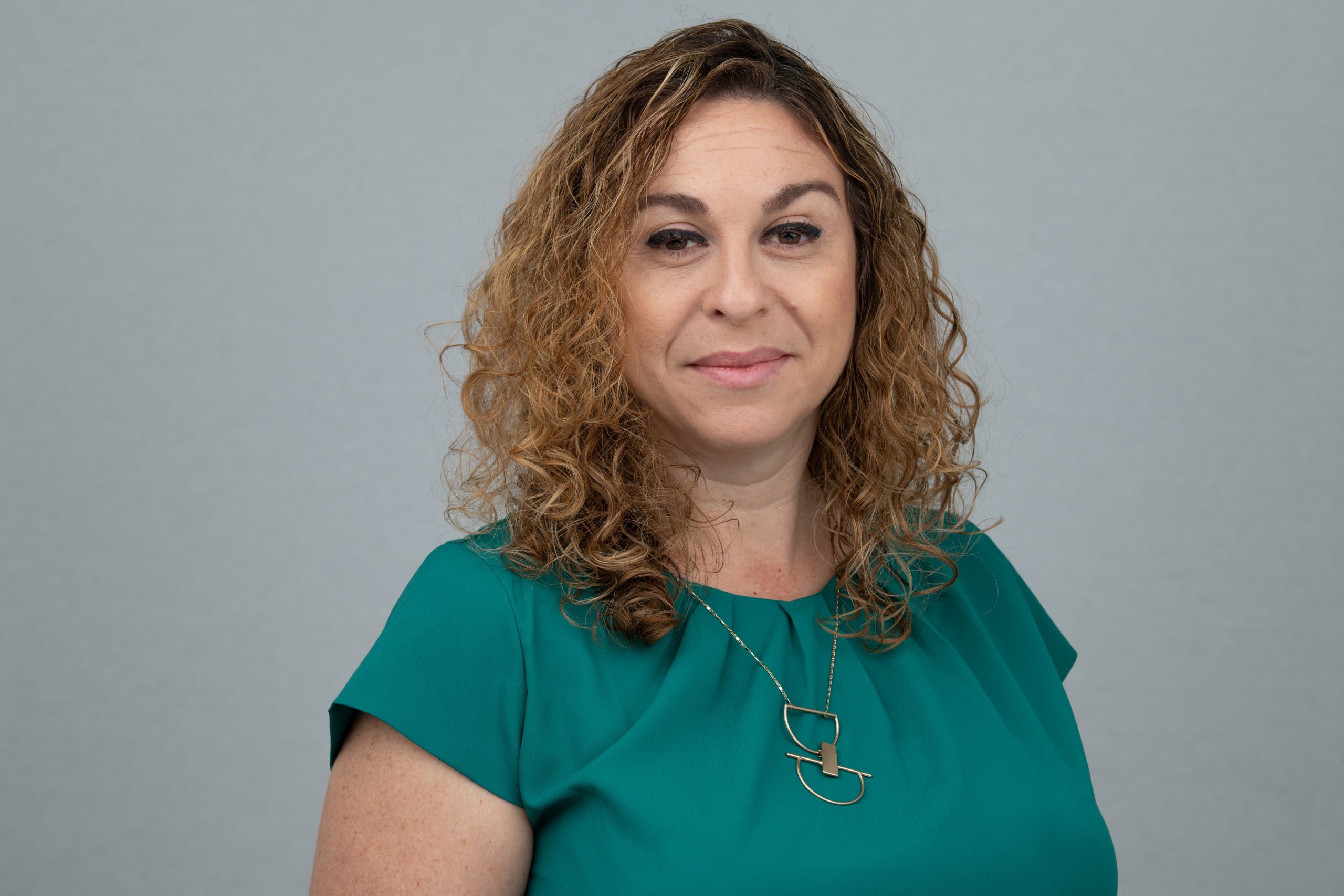
Ruth Najenson
Deputy Executive Director of Mosaica, Director of Mosaica’s Center for Conflict Resolution by Agreement
Ruth Najenson earned a bachelor’s degree in Communication and Political Science and a Master’s Degree in Conflict Research, Management, and Resolution from the Hebrew University. She has over 20 years of experience in the management of social programs in a number of organizations.
She is a mediator and restorative justice facilitator.
Ruth also had the privilege of being the first director of the Gishurim program at Mosaica and took part in developing mediation in Israel, particularly community mediation. Today, she dedicates most of her time and energy towards supporting and creating new models of conflict resolution and autonomous decision-making, disseminating the language and values of mediation to all sectors in Israeli society and advocating for various mediation models to be recognized as alternative dispute resolutions recognized by the State.
Rabbi Dr. Daniel Roth is the director of Mosaica, an Israeli NGO advancing community mediation and dialogue in Israel. Much of Roth’s work focuses on the network of insider religious mediators who help prevent, mitigate, and mediate crisis situations throughout Israel, the Middle East, and beyond. Roth also works to connect religious leaders to the roughly 90 community mediation and dialogue centers and initiatives throughout Israel, including 30 in the Arab sector and 16 in mixed Jewish-Arab cities and areas, which Mosaica professionally supports through a tender of the Ministry of Welfare and Social Affairs called the Gishurim Project.
Dr. Roth is a core faculty member at Bar-Ilan University’s Graduate Program for Conflict Management, Resolution and Negotiation and at Tel Aviv University’s International Program in Conflict Resolution and Mediation, where he teaches graduate courses on crisis management, religious conflict resolution, and peacebuilding. Roth is also a core faculty member of Shakla vaTariya, the institute for negotiation and crisis management based in Herzliya. Roth is also a regular lecturer for MEJDI Tours/National Geographic. He has published several academic articles on conflict resolution in the Jewish tradition and on insider religious mediation in the context of the Israeli-Palestinian Conflict. His book, Third-Party Peacemakers in Judaism: Text Theory and Practice, was published by Oxford University Press in 2021.
Formerly, Roth was the founder and director of the Pardes Center for Judaism and Conflict Resolution; the Mahloket Matters Projects; and the 9Adar: Jewish Week of Constructive Conflict, which continues today as Dibur Hadash: the Israeli Week of Mediation and Dialogue. Roth was a senior research fellow at George Mason University’s Center for World Religions, Diplomacy and Conflict Resolution.
Roth holds a Ph.D. from Bar-Ilan University’s Graduate Program for Conflict Management, Resolution, and Negotiation; an MA in Talmud from the Hebrew University of Jerusalem; a B.Ed in Jewish Philosophy from Herzog Teachers’ College; and studied for eight years at Yeshivat Har Etzion during which time he received Orthodox rabbinic ordination. He lives with his wife and four children in Jerusalem.
